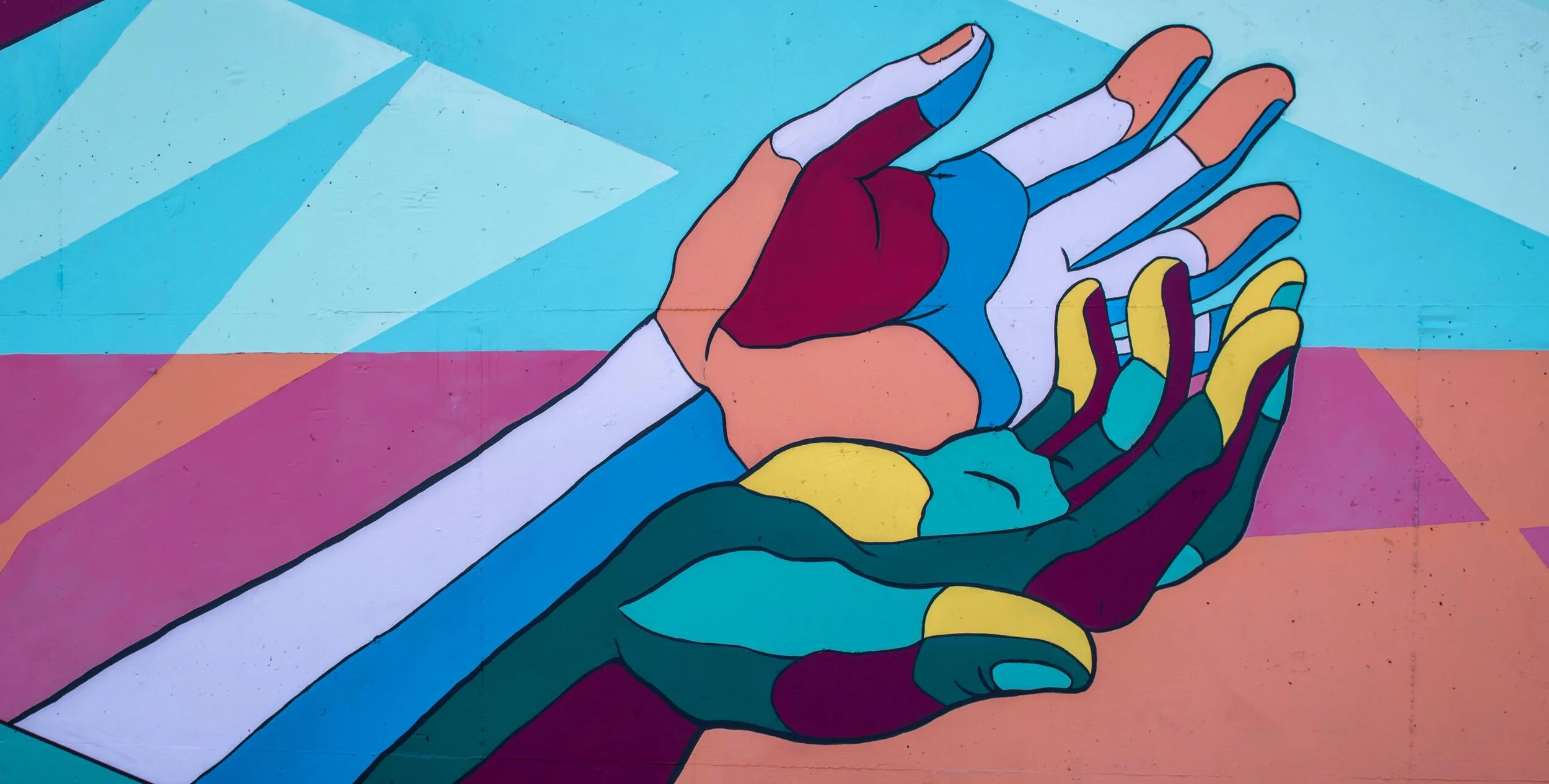Chicago is one of the most segregated cities in America. As a result, it has some of the most devastating inequalities in access to education, healthcare, and transportation. Segregation and its resulting inequalities are not only a moral threat, they are an existential one. Or, as I stated in a related op-ed in 2016, “the status quo costs us all.” In 2017, the Cost of Segregation report from the Metropolitan Planning Council found that “if metro Chicago were less segregated, it could see $4.4 billion in additional income each year, a 30 percent lower homicide rate and 83,000 more bachelor’s degrees.”
In 2020, this threat became more visceral for all of us: previously safe neighborhoods erupted with violence and the additional costs required to address COVID-19, hunger, and violence in long-underserved communities decimated our city budget. As Dr. Helene Gayle, CEO of the Chicago Community Trust, said at our recent Chicago Impact Investing Showcase, “We know that we can’t hold back two-thirds of our population, the Black and Latinx communities, and expect that the rest of the population will move forward economically.”
Many generous donors are following their moral compasses to “give back” to Black and Latinx communities that have suffered the most, and many elected officials are working hard to serve those same communities, but those efforts are not enough. In 2019, Americans donated $450B to charity, and the federal government spent about $3.3 trillion on Social Security, Medicare, and other programs to support citizens. These amounts pale in comparison to for-profit resources: at the end of 2019, the U.S. stock market alone was worth $37 trillion. To truly move the needle on Chicago’s inequalities (and the other social and environmental outcomes we care about), we need more intentional capitalism.
Capitalism assumes that money automatically flows to its highest and best uses, but there are countless inefficiencies. Specifically as it relates to racial inequality, the data speaks for itself. There is a natural distribution of talent across all skin colors yet, for example, Black professionals hold only 3% of senior leadership roles at large companies, and in Chicago, majority White neighborhoods receive $5 of investment for every $1 of investment in majority Black neighborhoods. This disinvestment also has trickle-down effects on which neighborhoods get jobs, who fills those jobs, who gets wealthy, and then who gets to decide what to invest in. This vicious circle keeps Chicago from reaching its potential.
We all want economic prosperity, safety, and pride in our community. Yet most capitalists still make business and investment decisions for financial return only, ignoring social and environmental impacts and assuming that governments and nonprofits will keep us from doing harmful things or pick up the pieces when we do. But it’s not working. Our communities are suffering and we’re all wasting time and money: it’s almost always harder and more costly to “fix” these problems after they have occurred than to address them at the beginning.
You can take action to break this vicious circle by making business and investment decisions with all of your financial, philanthropic, and civic goals in mind at the beginning. Seek out the win-wins, including looking beyond racial, gender, and geographic assumptions about where good talent and investments lie. Take into account the negative impacts of your decisions that you will pay to try to fix later, through your taxes paid to governments and donations to nonprofits. I shared specific ideas on how to get started via Crain’s “Concrete ways to help bridge the wealth gap.”
It’s not surprising that the world around us does not reflect our values when the vast majority of our resources are deployed in a way that ignores those values. Better capitalism is the way to a better future.
Want more original content from the Impact Engine team? Sign up for our newsletter, sent to your inbox each month.

